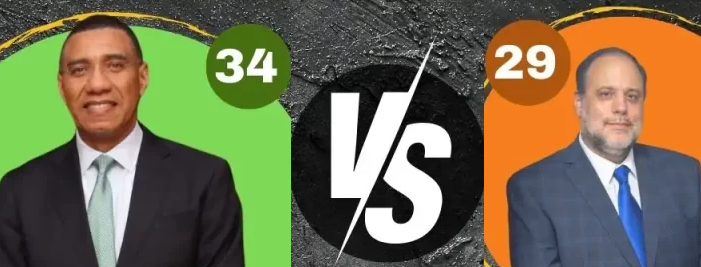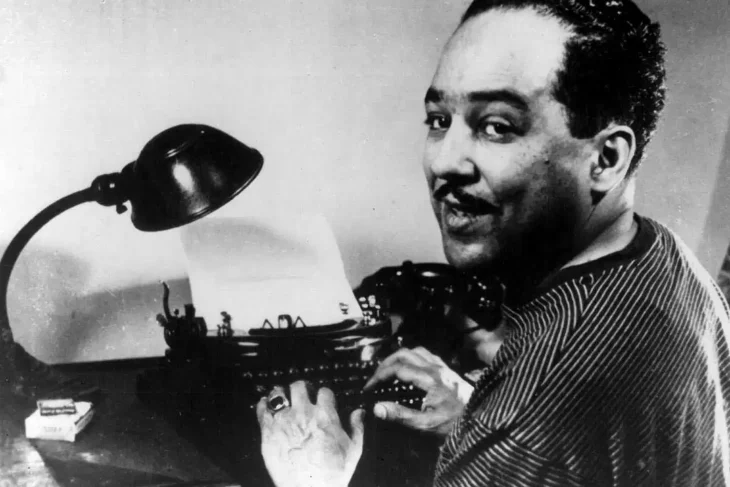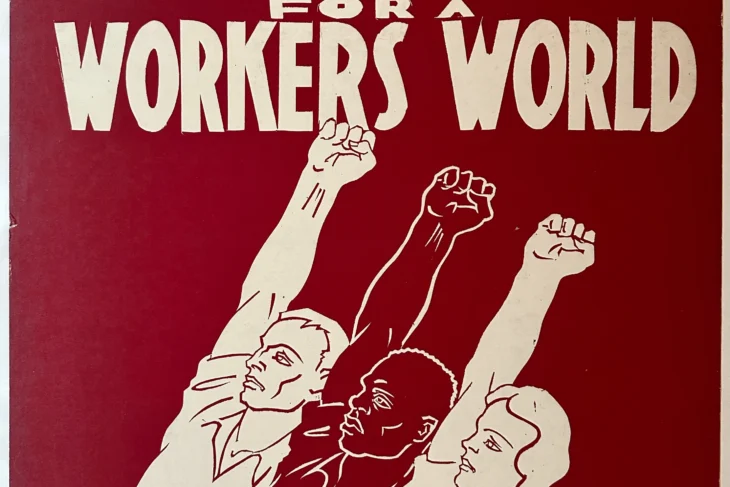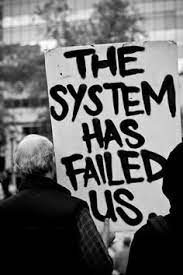
Post -election thoughts
And just like that, it is all over. The election campaign, which was a year in its length, has concluded with the Jamaica Labour Party (JLP) taking a third consecutive term, a first for them.
Despite the hype and hubbub surrounding the campaign and the odious amount of money I suspect was spent, the people, by and large, stayed home according to the Electoral Commission of Jamaica (ECJ) numbers, and that, I am sure, does not bode well for the country in the long term. It may also be an issue with the continuous registration system, as highlighted by a former Electoral Office of Jamaica (EOJ) official; it will have to be looked into, as two elections with voter turnout below 40 per cent do not look good.
In the end, it was not a landslide victory for the JLP, and it shows that Mr. Don Anderson remains on top of his game. It was close, as his polls showed, within the margin of error, but it seems that predictions of large turnouts, or at least breaking the 50 per cent barrier, proved false. Having worked on election day for the ECJ, I can attest that at least in my area, turnout was low and polls were, by and large, empty of voters. The diehards were there in their droves along with the loyalists, but the regular man and woman were almost nowhere to be seen.
Having seen it firsthand, I can state that the apathy is real, even if the voters’ list needs to be cleaned up to reflect the realities of death and migration, people are disinterested in both major parties and politics overall, viewing it as a way to enrich themselves at the expense of the people. This needs to change, and can only be done with engagement. It remains a ripe opportunity for a serious third party to engage in on the ground actions of building connections and educating the masses with an eye to breaking the two-party duopoly.
But no one cares about discussions surrounding turnout, old polls and the duopoly. What do we make of the results? That is what moves the needle.
So, the big standouts for me were Vaz vs Buchanan, and McGregor vs Williams. Having visited Portland recently, just based on the amount of energy that Ann-Marie Vaz had going I genuinely expected her to win. With a personal connection to her constituency, I know she is doing work, and while roads remain bad and water is a scarce commodity, the area is improving. I bought the hype, I am not ashamed to admit it, I thought her performance, along with her brand recognition, would see her romp home with the seat, instead she lost by a whisper and will probably need a magisterial recount to get a third term.
I fully expected Central Kingston to flip to the PNP and viewed 2020 as an anomaly for the constituency. McGregor was a popular figure when working there for the Jamaica Constabulary Force (JCF), and I thought those connections and it being a historical PNP seat would see it go securely (by 5 per cent give or take) to the PNP. Instead, McGregor won by a hair’s breadth, showing that 2020 was not an outlier, and what was once a secure seat is now up for grabs.
The election showed that while Andrew Holness remains an excellent politician who understands the tactics needed to win, the shine has well and truly come off of him. The sharp reduction of JLP seats was not simply because the PNP performed above 2020 levels; it is obvious that he is viewed as a tainted product, as seen by the polls showing a sharp divide in trusting or distrusting him. He is like Marmite, you either love him or hate him and for a political party that eventually becomes a liability.
I believe Andrew knows this, as he is no fool, and I believe that this will be a transitional administration for him as he grooms someone or a cadre of people to step up and replace him.
Dr Christopher Tufton remains popular, Matthew Samuda could step up, so could Floyd Green. If we are honest, the JLP is not short of youthful, experienced members who could, in 3-4 years, take over.
Mark Golding, to his credit, did better than I expected when he first took office. He has moved from being a divisive figure in leadership, being viewed as a puppet for Peter Bunting, but has managed to unite the party and carry them from the implosion that was 2020 to running the JLP to the wire this election. While the party still has its factions, it seems, from the outside, to be more of a party in Mark’s making, with new MPs who owe their position to him.
While the knives will be out naturally following an election loss, he is in a stronger position to fend them off at the moment and with the PNP having performed well, would-be opponents such as Damion Crawford will be thinking twice about creating new wounds or re-opening old wounds that led to the 2020 debacle.
The election has continued the trend of unending safe seats and seems to have started a new one of returning MPs who perform rather than those who represent the party that traditionally dominates the area. This was seen with the re-election of Tova Hamilton and Rhoda Crawford. Time will tell if this is a long-term trend or is simply that those seats are becoming safe seats for those candidates.
If it does hold, and people are voting on issues rather than on party loyalty, that can only be a good thing for people who believe that elections should be driven by substantive issues and policy and could usher in a day when elections see candidates speak in-depth on platforms about policies and issues rather than just rile up a crowd.
While we can’t be sure of many things following this election, we can safely say that it represented the death of our constitutional reform process. With the JLP having a smaller majority, they will be unable to ram through legislation and issues such as the Privy Council, Senate makeup, and selection of a president remain issues that cannot be overcome without a major loss of face by either party. Barbados, unfortunately, will remain the most recently minted republic in the region.
An interesting question is, where does it leave Marlene Malahoo-Forte? She won her seat comfortably, but with the super majority gone and her showing levels of incompetence as Attorney General, one struggles to see a place for her in a standalone ministry.
Another interesting thing coming from the election was the PNP utilising left-wing rhetoric — Bunting calling for a social revolution — and some candidates openly calling themselves socialist; Dr Alfred Dawes calling himself a socialist and explaining left-wing talking points. These may be throwaways to the base to keep them happy, but it could also be the beginning of a shift and acceptance by the party that the country, while apathetic, is centre-left on many issues, and it sees an advantage in resurrecting socialist talking points and being generally friendly to the left within and external to the party.
The election may be over, but it is important to remember that it is not the whole democratic process and is only a small part of it. It is our job to hold all MPs and Ministers accountable, our democratic role to demand consultation on what is being done in our name, and it is part of democracy to demand that your MPs, whoever they represent, lobby on behalf of the constituents and put their needs first. Democracy is more than voting; it is important to remember that when we hear criticism of the non-voter who has exercised their right to say no to what is on offer. Hopefully, this Parliament gets the message and engages in more participatory democracy, reaching out to the people and consulting them on issues at hand. It would be wonderful and addresses so many issues, but I won’t hold my breath.



